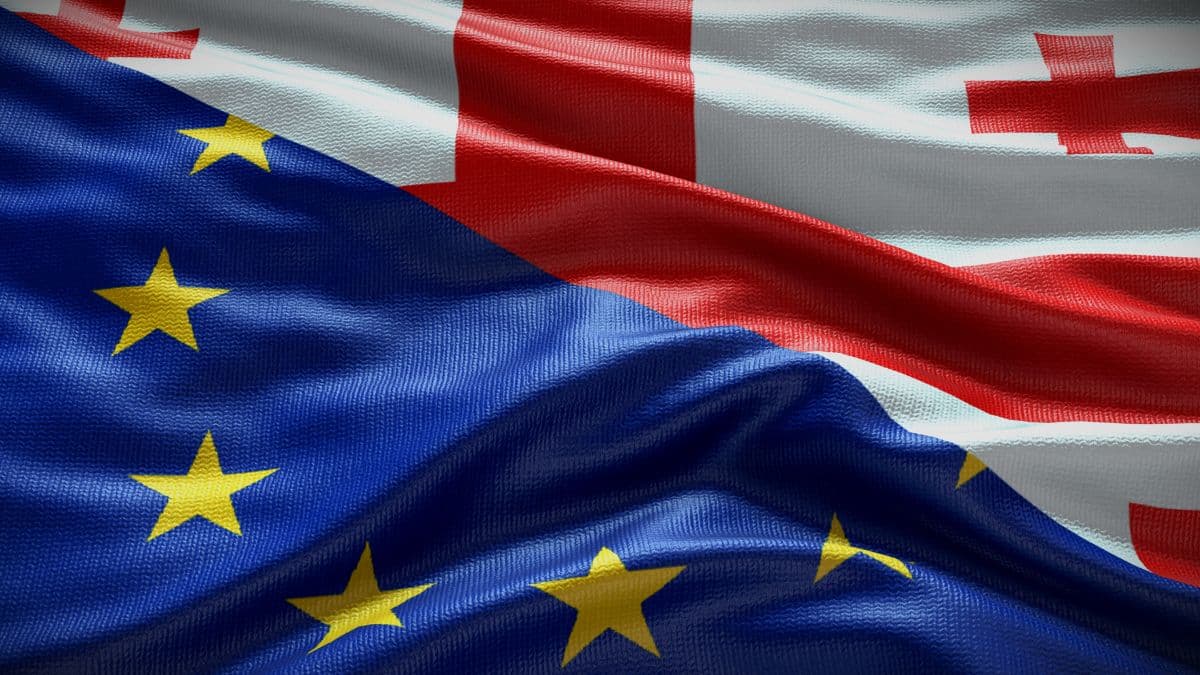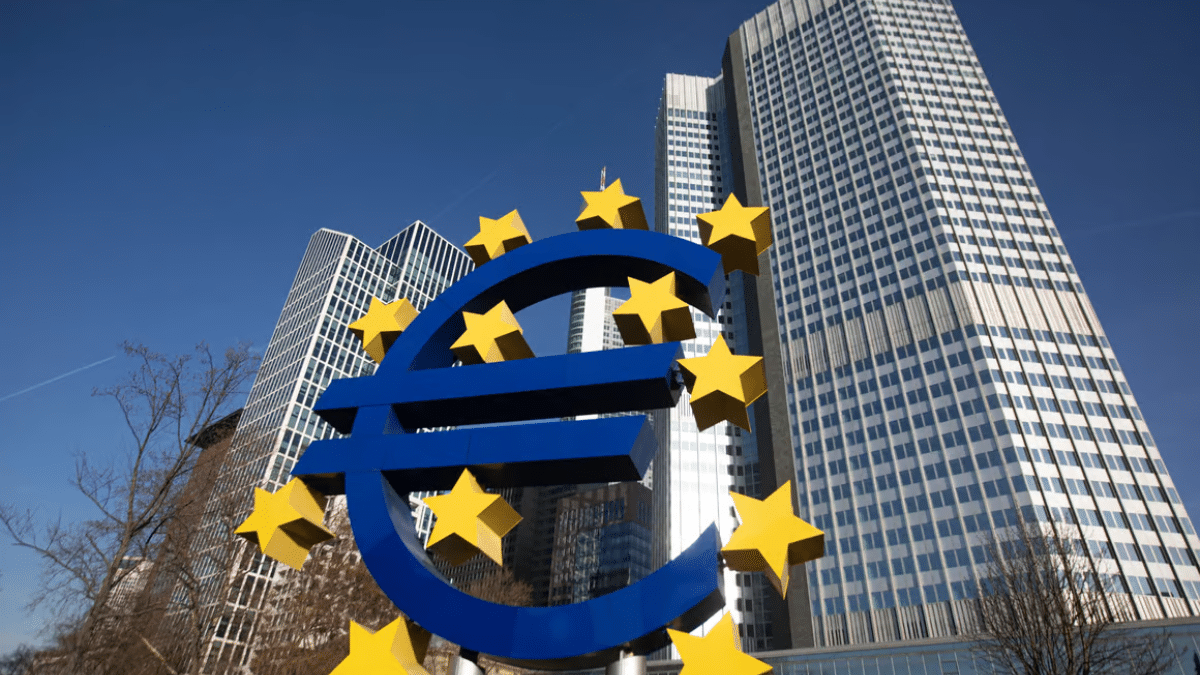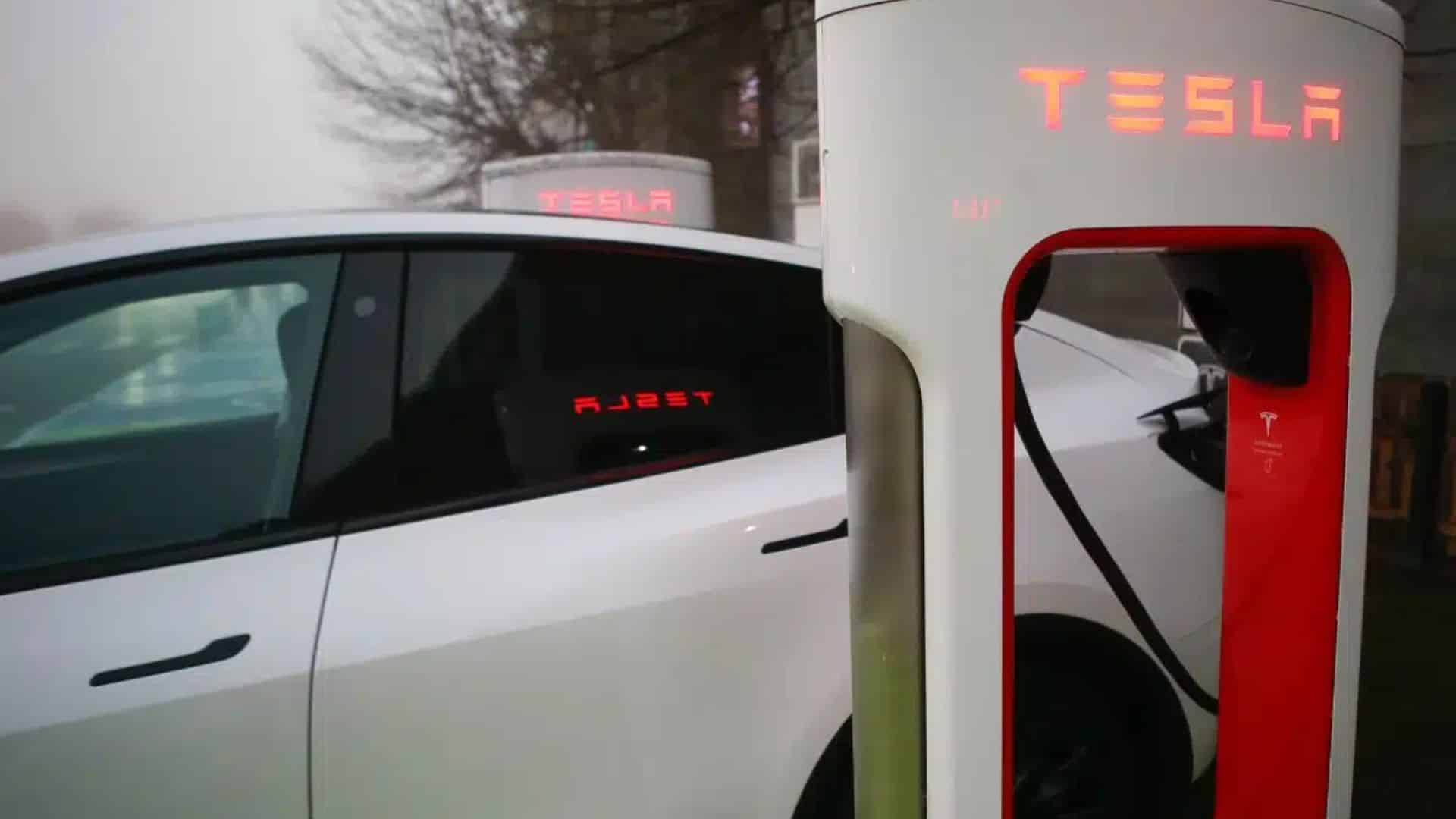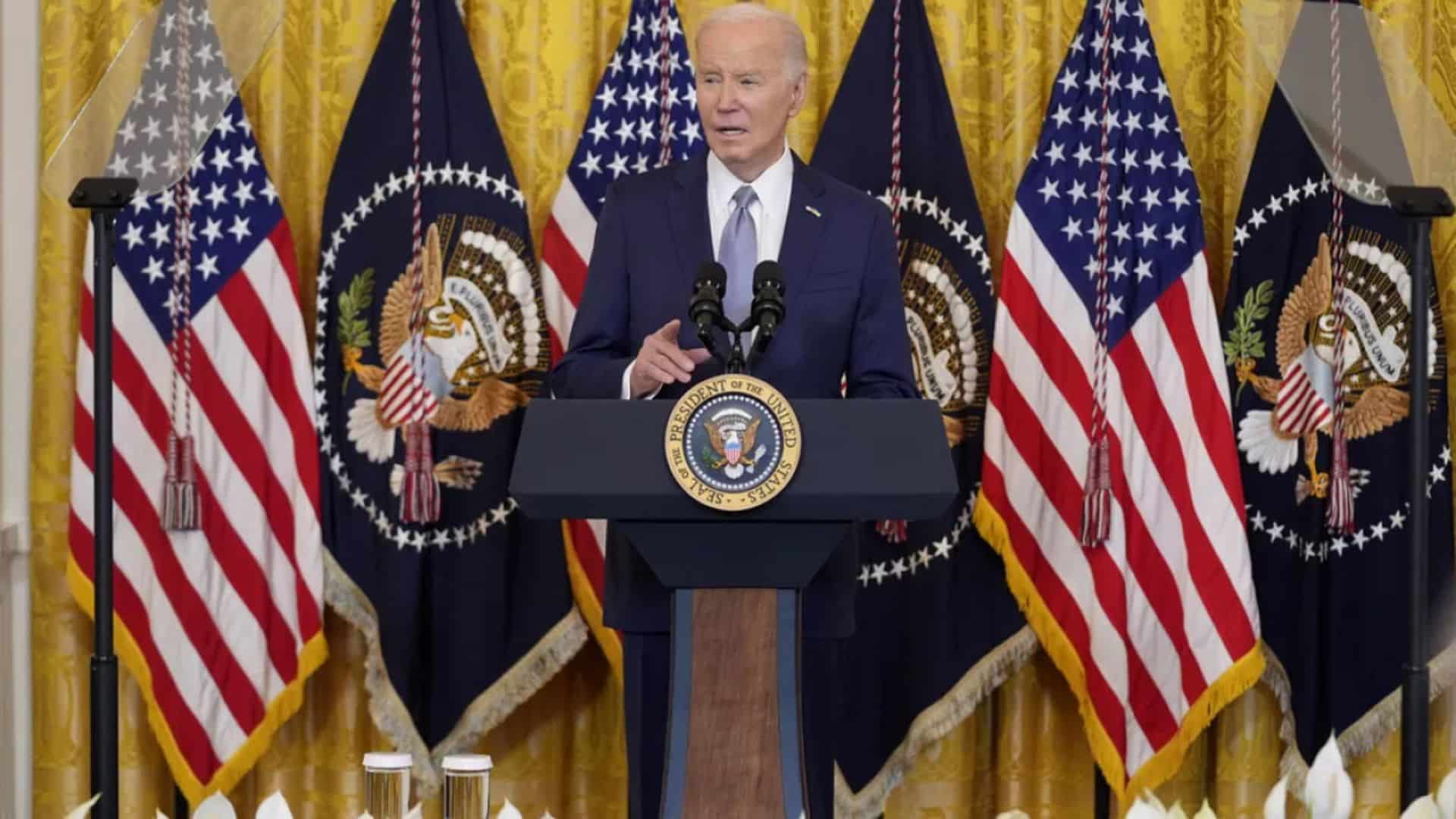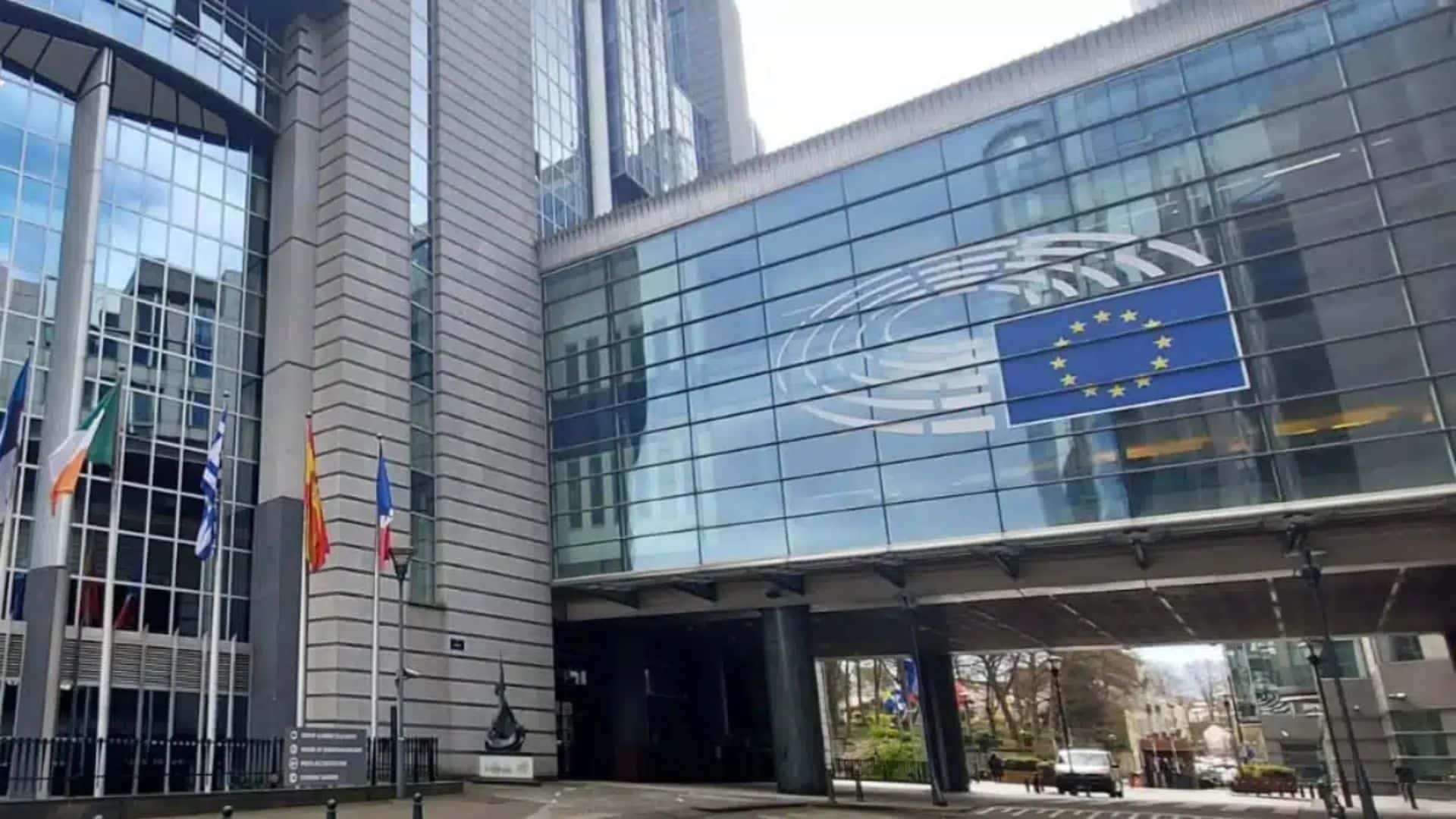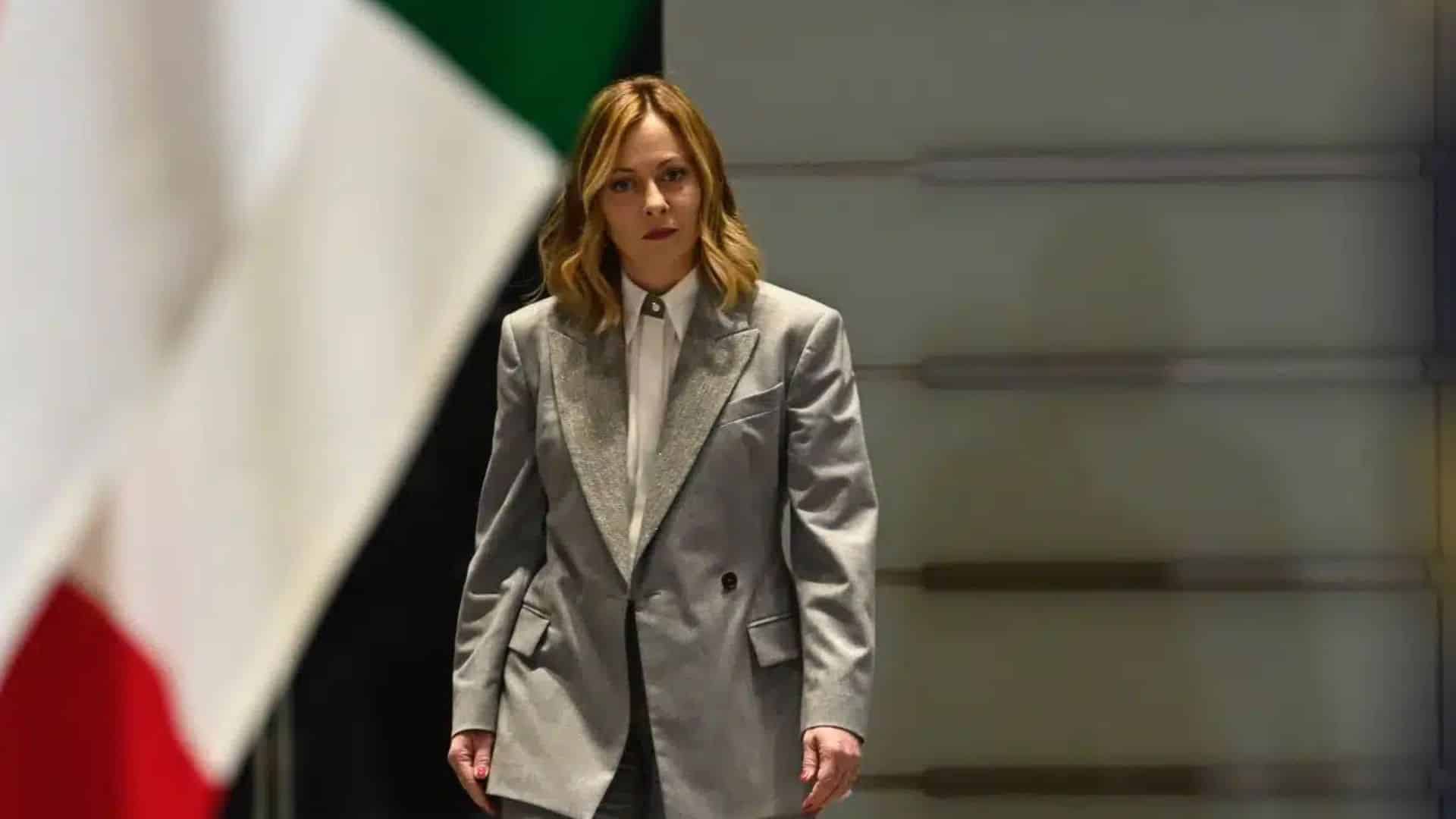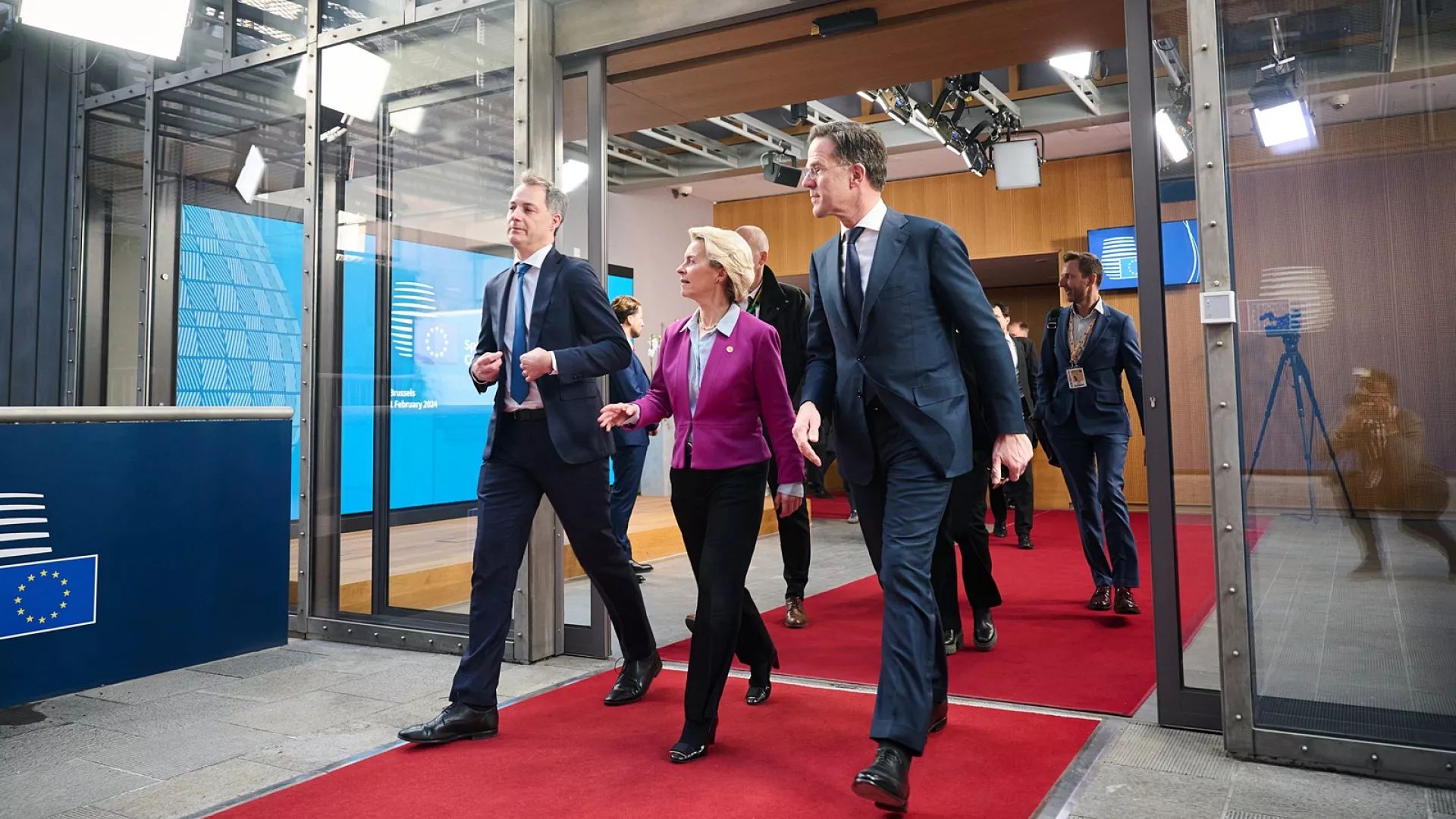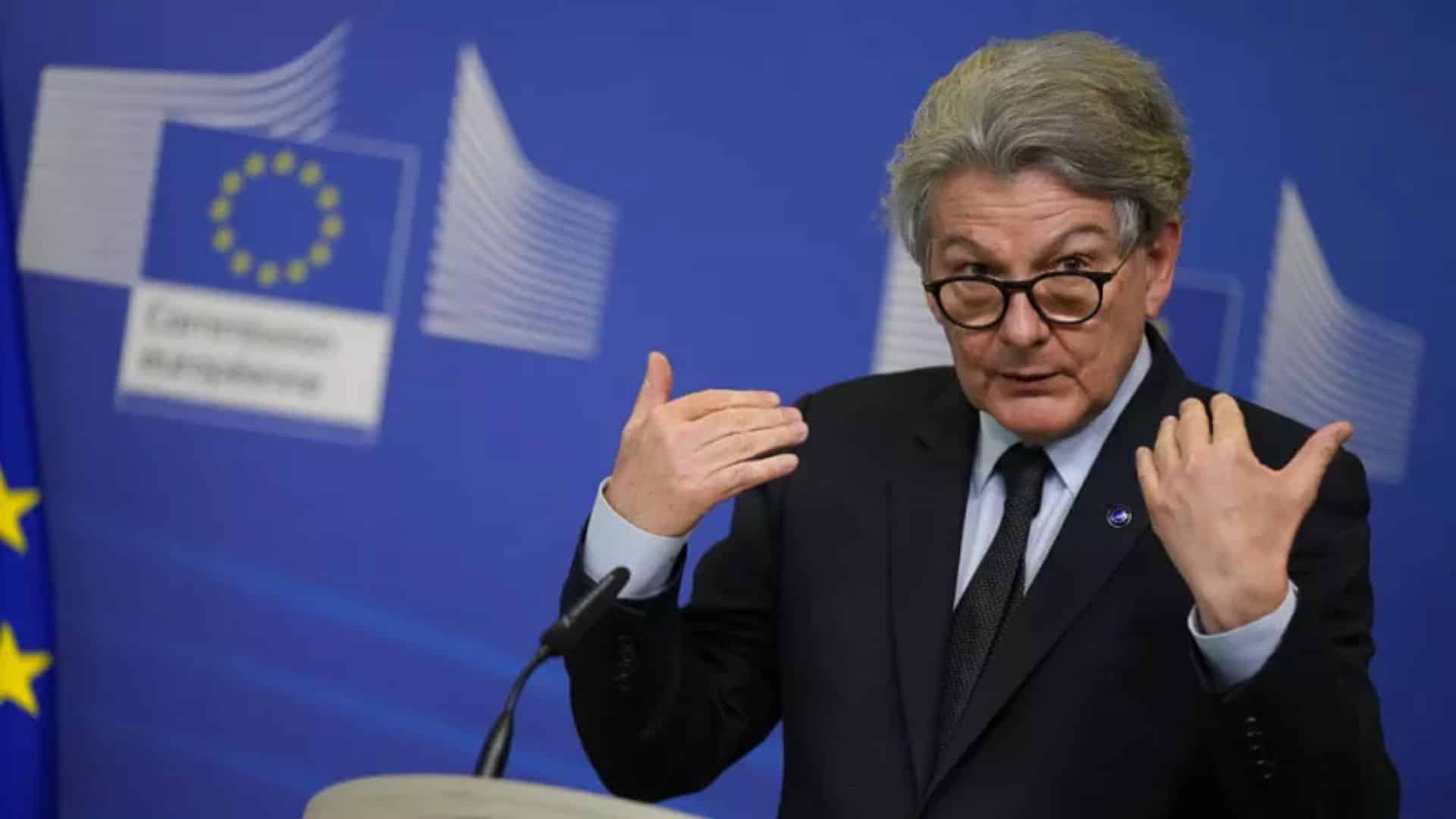
Davos opens this year with two enemies to beat: disinformation and Donald Trump
The two greatest threats looming over the planet are, in the abstract, ‘disinformation’, i.e. information dissenting from official sources; and, specifically, a hypothetical return of Donald Trump to the White House, although the two are obviously closely related. This is, at least, the message of the agenda of the World Economic Forum (WEF) that has just started this week.
Every year, for a few days, a placid and picturesque Swiss village of just over 11,000 inhabitants becomes the center of the world. You don’t have to be a tinfoil hat conspirator or see the members of the WEF as the Masters of the World, the cabal that pulls the strings of planetary politics, to know that what is decided in the Swiss town has a singular weight in the political, economic and social decisions that will be applied in the world throughout the year. After all, 500 Swiss soldiers are not deployed to protect just any meeting.
Adam Smith said in The Wealth of Nations that the leaders of an industry cannot meet for a cup of coffee without soon ending up conspiring to fix prices. Imagine, then, what can come out of the world’s largest gathering of politicians, financiers, businessmen and cultural leaders.
Its founder, German businessman Klaus Schwab, created the forum in 1971, the same year the United States abandoned the gold standard, as a non-profit organization dedicated to global cooperation, and later a worldwide association of businesses, as well as politicians, intellectuals and leaders. But the club has taken on a special – and, some would say, ominous – public relevance with the advent of the coronavirus pandemic and Schwab’s own announcement of a Great Reset for the world economy and politics in a book that has become the Bible of globalism.
The summit that started last Monday and closes on the 19th in the Swiss city under the slogan ‘Rebuilding Trust’ will bring together some 1,600 businessmen and a total of 2. 800 participants counting businessmen and heads of state, a record number among which are, as a star of the summit, the newly appointed president of Argentina, Javier Milei, in addition to the omnipresent Ukrainian leader, Volodymir Zelenski, the president of the European Commission, Ursula von der Leyen, the secretary general of NATO, Jens Stoltenberg, and the presidents of the European Central Bank, Christine Lagarde, and the International Monetary Fund, Kristalina Georgieva, the Spanish president, Pedro Sanchez, Emmanuel Macron;Polish President Andrzej Duda and the prime ministers of Belgium, Alexander De Croo, Greece, Kyriakos Mitsotakis and the Netherlands, Mark Rutte.
But the absences are almost as significant as the attendances. Xi Jinping will not be there this year, nor will Russian leader Vladimir Putin, precisely the two international leaders who have been patiently weaving alliances and partnerships for at least two years with countries of the so-called ‘global south’ around the BRICS, which aspires to be an alternative to the globalism led by the United States and, arguably, represented by the WEF itself. Turkish President Recep Tayyip Erdoğan, who has also ordered his senior officials not to attend the forum because of its support for Israel, will not attend either.
The irony of the title of this year’s summit, ‘Rebuilding Trust‘ , has not escaped many. On the one hand, there does seem to be a need to rebuild public confidence in a global establishment that has failed miserably during the coronavirus pandemic. On the other hand, it is a veiled threat against those who have dared, at this time, to point out that the king is naked and that the world public has been repeatedly deceived, that the truth has been censored and hidden, consistently throughout the global crisis.
That is why this summit stresses that the main threat hanging over the planet is not the danger of a Third World War, with two major conflicts in progress, nor the climate emergency, nor the new and devastating ‘disease X‘ that we are promised, nor the energy crisis caused by the crazed ‘green policies’ and the suicidal sanctions imposed on Russia, but ‘disinformation’, that is, information that does not coincide with the official version of the elites.
And this disinformation, they say at the forum, has a powerful tool, Artificial Intelligence (AI). There are two ways of conceiving the emergence of Artificial Intelligence, the information star of 2023: as an extraordinary opportunity to build a better world and faster and more efficient processes; or as an ominous and alarming threat. The WEF has opted for the second option.
And then there is the concrete threat, embodied in Donald Trump. The return of the former president, who in the Iowa Republican caucus has swept the state’s 99 counties, to the U.S. presidency would scupper the carefully crafted plans of the globalists that the forum represents. Trump is the anti-Davos, the bête noire for the WEF.
This has been openly expressed by the WEF’s ‘philosopher-in-chief’, Yuval Harari, the same one who calls the human being ‘a hackable animal’, in a recent interview. In it, he has confessed that he considers “very likely” a Trump victory in this year’s presidential election, and adds that “if it happens, it is likely to be the kind of like the death blow to what remains of the global order.”
There is a certain sense of rush and fear at this year’s meeting. The emphasis on ‘disinformation’ – with its recommendations for widespread censorship – the certain risk of a Trump victory in the United States and the ‘parallel world’ being built by the nations of the global south are putting the forum’s plans for all of us at serious risk.

